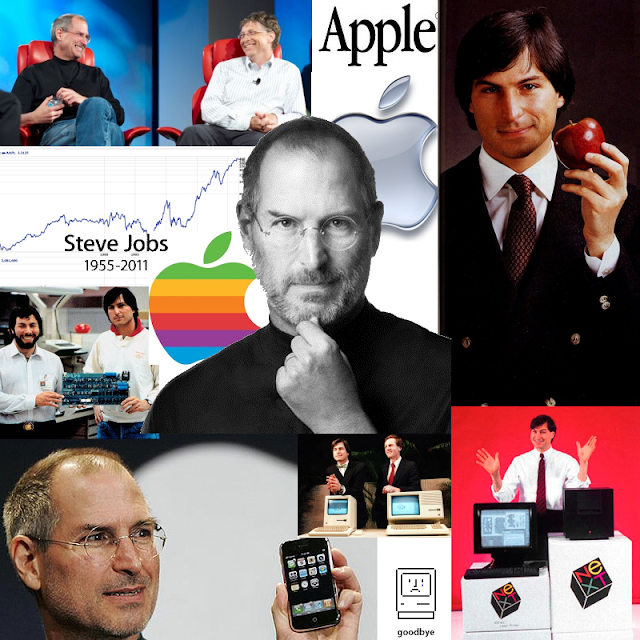Articles for a Halloween
Here are some articles I read in the last few months that you may find interesting... (Recommended) " The second economy " (McKinsey Quarterly; free reg required): An insightful article on, what the author calls, the second economy. This is the largely invisible, rapidly expanding, economy that underlies the physical economy. Information technology, particularly digitization and automation, drives this second economy and the author suggests it may be as large as the physical economy in 20 or 30 years. The emergence of this second economy can potentially increase wealth on par with what the Industrial Revolution did, while also causing large unemployment due to its nature (i.e. automation of jobs). The author almost suggests that the biggest problem in the near future will not be creating wealth but distributing it. Very Peter-Drucker-like article that is worth reading. If you are interested in economic changes to societies, it's worth checking out. The Technology Batt...





